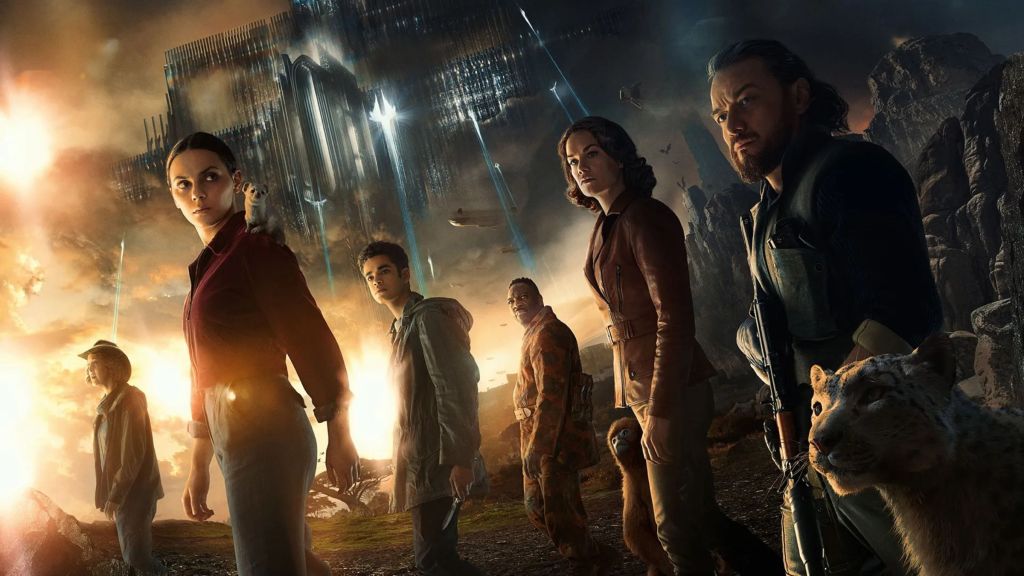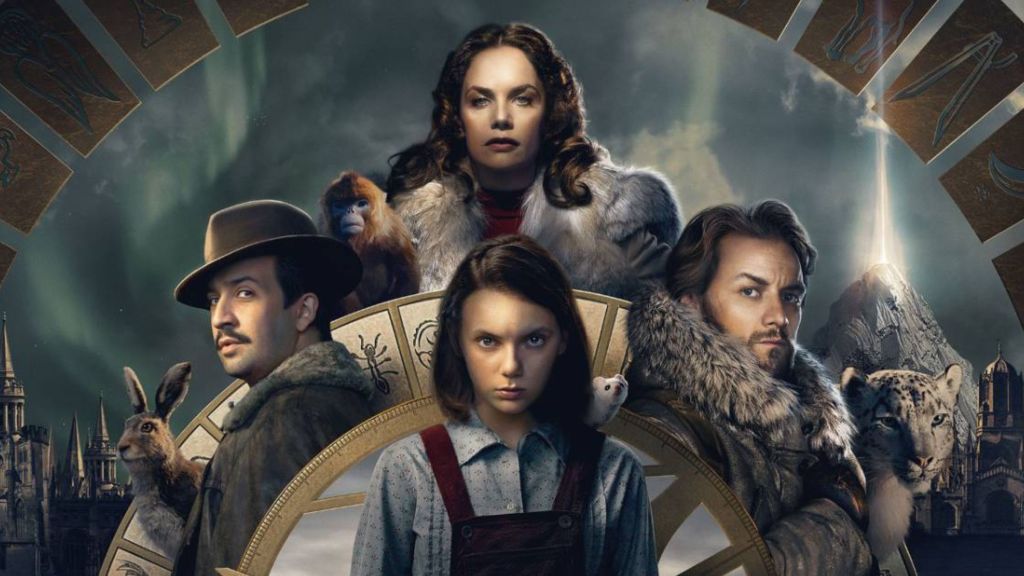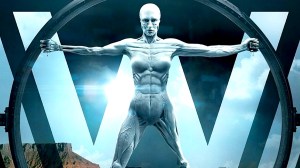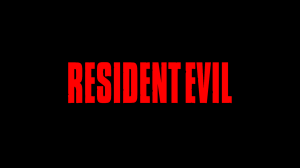It was the year 2007. Director Chris Weitz had just released his adaptation of the first book of Philip Pullman’s His Dark Materials trilogy, i.e., Northern Lights. Called The Golden Compass, Weitz’s adaptation had everything it needed to succeed, from sweepingly beautiful visuals to a star-studded cast. But even the likes of Daniel Craig, Nicole Kidman, and Eva Green couldn’t save it from faceplanting, disappointing once-excited fans of the trilogy across the world. Fast forward 12 years, when HBO partnered with BBC One to again attempt to translate the magic and mystique of Pullman’s novels to screen, this time in the form of a TV show that would go on to span three seasons and 23 episodes. Many readers, once burnt and now twice dubious, were apprehensive about this development, to say the least. Turns out, they need not have worried.
Videos by ComicBook.com
The film adaptation had failed at capturing the heart of the novels in its attempt to give the story the lighthearted Disney treatment. But the HBO show, from the very outset, seemed determined to stay faithful to the original hopeful, heart-rending tale, even though this meant dealing with themes dark and controversial enough to alienate a lot of viewers – especially the staunchly religious. So, where Weitz, at the apparent behest of the studio, shied away from delving into the politics of organised religion, something that is central to Pullman’s novels, writer Jack Thorne and director Otto Bathurst had no qualms with discussing truth and heresy, censorship and centres of power, and faith based on fear in the show. And yet, it somehow failed to gather the accolades and admiration it inarguably deserved.
His Dark Materials: Impeccably Created, Oddly Underrated

From talking animals that reflect your soul to huge armored bears, from alternate dimensions to the death of a God, Pullman’s His Dark Materials has it all. In the TV adaptation, HBO takes this stellar storytelling and turns it into a steampunk dreamscape rife with impossibilities. And boy, do they do it well. For three seasons, viewers witness a multidimensional mystery unfold as the protagonists, Lyra Belacqua (Dafne Keen) and Will Parry (Amir Wilson), embark on a mission that takes them across universes. The story begins when Lord Asriel (James McAvoy) delivers little Lyra to Jordan College, asking for scholastic sanctuary. When young Lyra decides to go in search of her missing friend, Roger, she finds that he is only the most recent victim in a series of kidnappings by the “Gobblers”. From there on, she, accompanied by her daemon Pantalaimon (Pan), goes on to discover the existence of an ethereal substance called the Dust and secrets that could unravel worlds.
The devil and the daemon are in the details of this show, which goes beyond mere offerings of visual intricacies and fantastic tellings to raise questions of morality and mortality, of the corruptibility of those in power, and of humanity and love, and parenthood in the face of duty. In Lyra’s world, every person is connected to a daemon, a creature that embodies one’s true essence. The show delves into people’s connection to their daemons, and the trauma of being clinically ripped apart from them. Never overtly gritty, the show doesn’t shy away from depictions of grim realities either. In this world, love exists right alongside tragedy, even when separated by dimensions.

Moral, philosophical, and theological queries aside, what makes the show a true success are its characters — and the people who play them. Through the seasons, the characters grow, developing layers and complex personas, going beyond definitions of heroes and villains. Nothing in this narrative is black and white. McAvoy as Lord Asriel is the handsome devil and an explorer hell-bent on challenging the Authority, an angel who poses as God and Creator. Lyra is fierce and fearful, smart and a liar. She’s the chosen one whose coming was foretold, but with Asriel as her father and Coulter her mother, she literally represents the middle, the gray. Then there is Ruth Wilson’s ruthless portrayal of Mrs. Coulter that inarguably steals the show. Unlike Kidman’s character in the film, the Marisa Coulter that Thorne creates is tenderly tyrannical. She’s Lady Macbeth incarnate, a near Machiavellian villain. At no point during the show does one know — especially if one hasn’t read the books — what she might be up to, what monstrous new plan her devastatingly brilliant brain might come up with next.
What emerges is a series that stirs the heart as much as it jars the mind. It remains faithful to its source to the very end, giving the tale a fitting, if somewhat heart-wrenching conclusion. Overall, this is a momentous, marvelous show that essentially captures the complexities and the essence of what makes the books truly iconic. Though criminally underrated even years later, this is one that no fantasy fan worth their salt can afford to miss.
You can stream His Dark Materials on Max.










